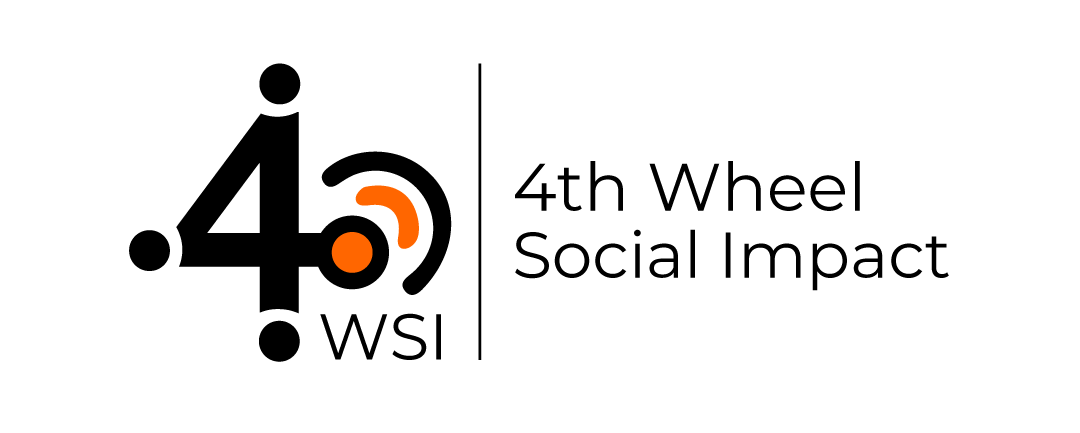Northeast Initiative Development Agency
- The 4th Wheel

- Aug 20, 2025
- 2 min read
Updated: Aug 28, 2025

Northeast Initiative Development Agency
Baseline assessment of the Sustainable Springshed and Agriculture Development project
Partner/Client
Northeast Initiative Development Agency (NEIDA)
Sector
NGO
Location
Nagaland

Key Highlights
NEIDA is implementing a three year-long project (2021-2024) in the Kiphire district in Nagaland with a focus on springshed and agriculture development. It intends to restore and conserve ecological balance, provide agricultural support to the farmers, improve water resources and irrigation facilities, and to support community-based organisations.
A baseline assessment was undertaken by 4th Wheel Social Impact to understand the prevailing conditions and practices in agriculture and irrigation, springshed management, and community organisations in 3 blocks- Khongsa, Pungro, and Longmatra in the Kiphire district.
The study was undertaken between March and August 2022.

Approach
A desk review of existing administrative data, project documents, relevant past reports, and secondary data was undertaken as a first step.
A mixed methods approach was used, utilising household surveys with farmer beneficiaries and focus group discussions with members of relevant community organisations such as the Food Producer Organisation (FPO) and Water and Sanitation Committees (WATSAN).
292 respondents including 252 farmers, 29 WATSAN members, and 11 FPO members were interviewed for this study.

Insights and Findings
Jhum cultivation was the most popular style of cultivation, practised by 97% farmers. While respondents had 3 plots of land, they used 1 plot on average each season, leaving the other plots to recover after a jhum cycle.
The most common crops cultivated included maize, kidney beans, soybean, yam, and pumpkin.
24% of the farmers had irrigated land, with a higher concentration of irrigated lands in Pungro (33%) block as compared to Khongsa (22%) and Longmatra blocks (0%). Springs and streams were the main sources of water for irrigation.
SHG membership (96%) and FPO membership was high (92%). However, FPO engagement i.e., using the FPO to acquire agricultural inputs, new seed varieties, and other crop inputs, was limited.
Respondents contributed monetarily (19%) and non-monetarily (32%) towards the maintenance of springs.
Average income was INR 9,505 from agriculture, INR 14, 910 from livestock, and INR 32, 553 from other sources.
Recommendations / Value Addition
The baseline data collected can be used to trace impacts owing to the NEIDA’s interventions over the next three years.
Irrigation support through pipelines, linking farmers to government schemes to procure irrigation facilities like drip irrigation, and making farmers aware of water-efficient crops can be provided. This will encourage farmers to engage with methods of cultivation other than jhum.
A more proactive role for the FPOs/SHGs has emerged as a major recommendation. FPOs can buy the produce from the farmers at the market price to make it equally profitable for the farmers as compared to selling in the market.
FPO/SHGs can collectively invest in a vehicle and use it to transport produce, given the long distances and travel time to the markets. They can also assist in farm mechanisation by linking farmers to government schemes, and purchase agricultural equipment to rent to members.
Overall, a data-centric approach to regularly monitor and collect intervention data must be undertaken to track individual and overall impact, whilst shedding light on those farmers who are in dire need of support.




Comments